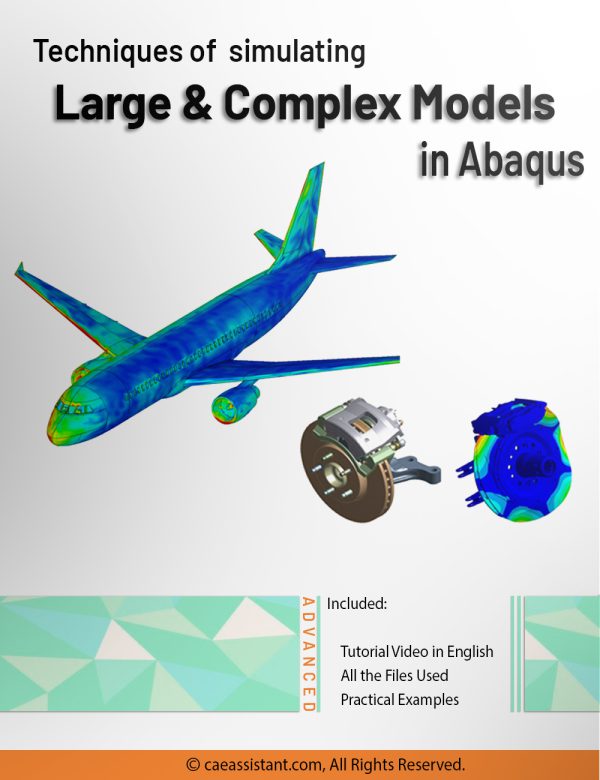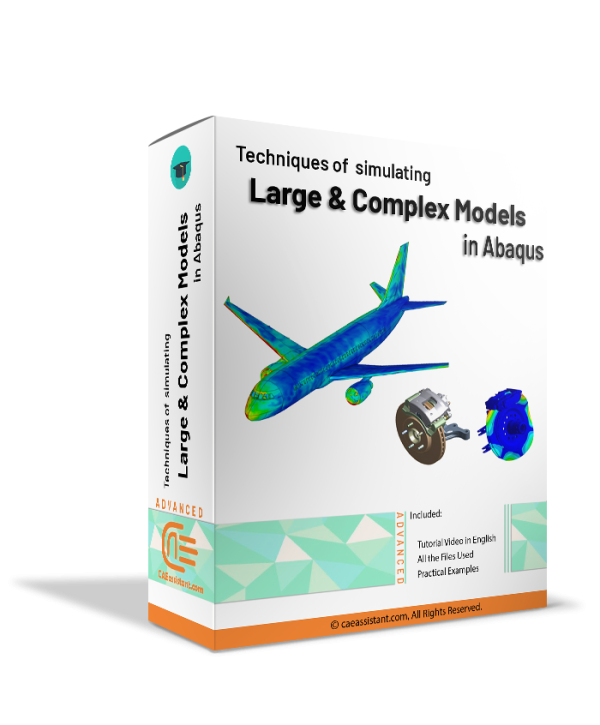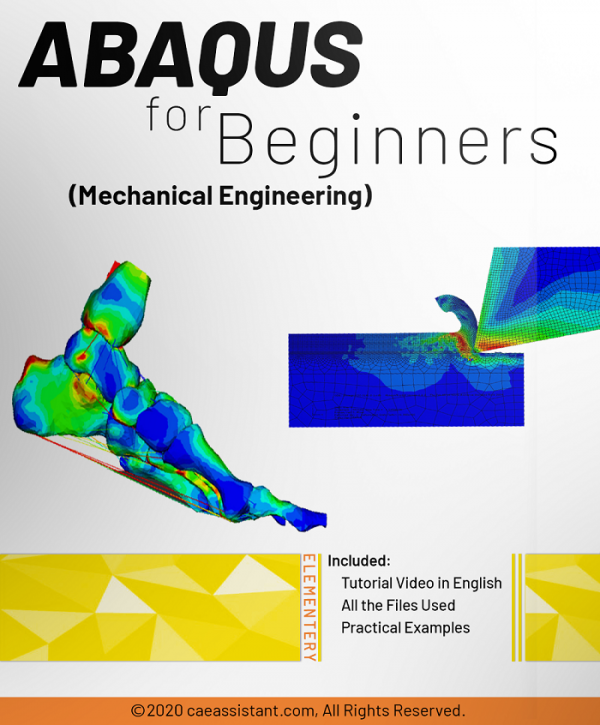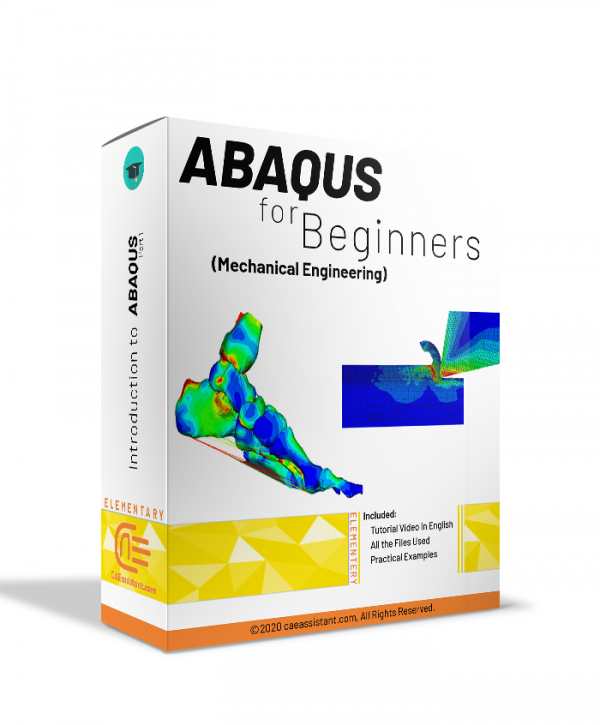Anika Patel
Anika Patel, a highly skilled expert in Abaqus simulations, hails from India. With a strong educational background, diverse industry experience, and a broad expertise in utilizing Abaqus for engineering analysis, Anika has established herself as a leading authority in the field of computational modeling and simulation.
Education and Early Career:
Anika completed her Bachelor’s degree in Mechanical Engineering from the Indian Institute of Technology (IIT), where she developed a strong foundation in engineering principles and computational methods. Fascinated by the power of simulation tools, she pursued further education and obtained a Master’s degree in Computer-Aided Engineering. During her studies, Anika focused on mastering Abaqus software and its applications in various engineering domains.
Professional Accomplishments:
After completing her education, Anika joined a prominent engineering consultancy firm in Bangalore, where she worked on a wide range of projects involving Abaqus simulations. Her exceptional problem-solving skills and proficiency in Abaqus quickly gained recognition, leading to her involvement in critical projects across industries such as automotive, aerospace, and energy.
Expertise and Contributions:
Anika Patel possesses a comprehensive expertise in utilizing Abaqus for engineering simulations. She has a deep understanding of finite element analysis (FEA), structural mechanics, and multiphysics simulations. Anika excels in modeling complex geometries, applying appropriate boundary conditions, and accurately predicting the behavior of structures and systems under various loading conditions.
Her expertise extends to a broad range of applications, including static and dynamic analyses, thermal and fluid-structure interactions, and optimization studies. Anika has successfully utilized Abaqus for evaluating structural integrity, predicting material behavior, and optimizing designs to meet performance criteria and safety standards.
Anika actively stays updated with the latest advancements in Abaqus software and simulation techniques. She continuously hones her skills, exploring new features and methodologies to enhance the accuracy and efficiency of her simulations. Anika is known for her ability to effectively communicate complex technical concepts to diverse stakeholders, facilitating collaboration and decision-making processes.



